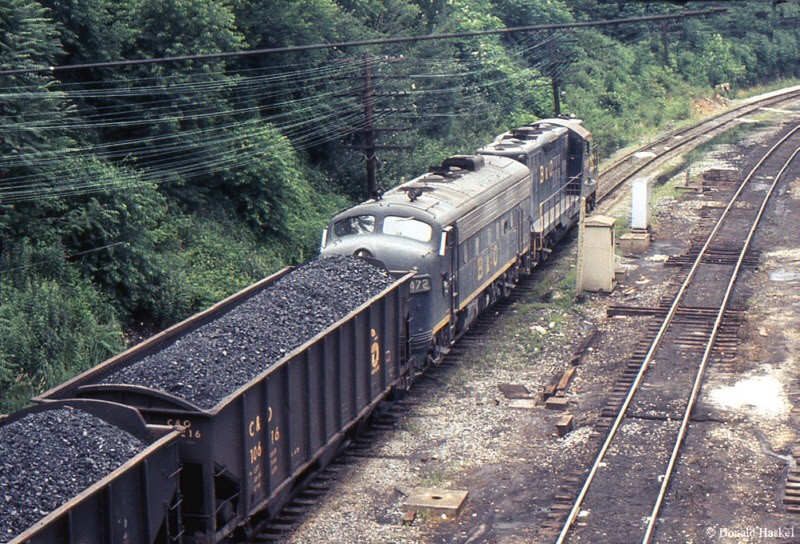The way we transport coal threatens communities.
Mining companies seeking new markets for their coal are transporting that coal on long, uncovered coal trains, creating dangerous and unhealthy conditions along their routes.

Most of the coal mined and produced in the United States comes from five states, which means it then needs to be transported to its destination. Nearly 70 percent of American coal is hauled from where its mined to its destination on long, uncovered coal trains through cities and towns.
As the demand for coal shrinks in the U.S., coal companies are looking to other countries that will be more welcoming to their product. Approximately 8 percent of that coal is exported to Europe, China, and India, more than double the amount exported in 2007. This exacerbates global fossil fuel dependence, delaying the urgently needed transition to cleaner alternatives, and accelerating climate disruption that is already putting communities at risk.
Coal dust escaping from the open-top rail cars used to transport coal results in several hazards:
- Coal dust deposits can cause spontaneous fires;
- Coal dust accumulating in the crushed rock that supports the tracks can cause trains to derail; and
- According to BNSF Railway, anywhere from 500 pounds to one ton of coal can escape from a single loaded car, causing serious long-term health problems for people who live, work, and recreate near train tracks that run through their communities.
Many neighborhoods that experience coal export train traffic are lower-income communities already overburdened with pollution and economic development challenges. These communities are already disproportionately suffering the health effects of poor air quality.
New and expanded mines to support exporting coal abroad puts more communities at risk, threatens precious water sources, and jeopardizes long-term productivity of fragile farmland, rangelands, and wildlife habitat.